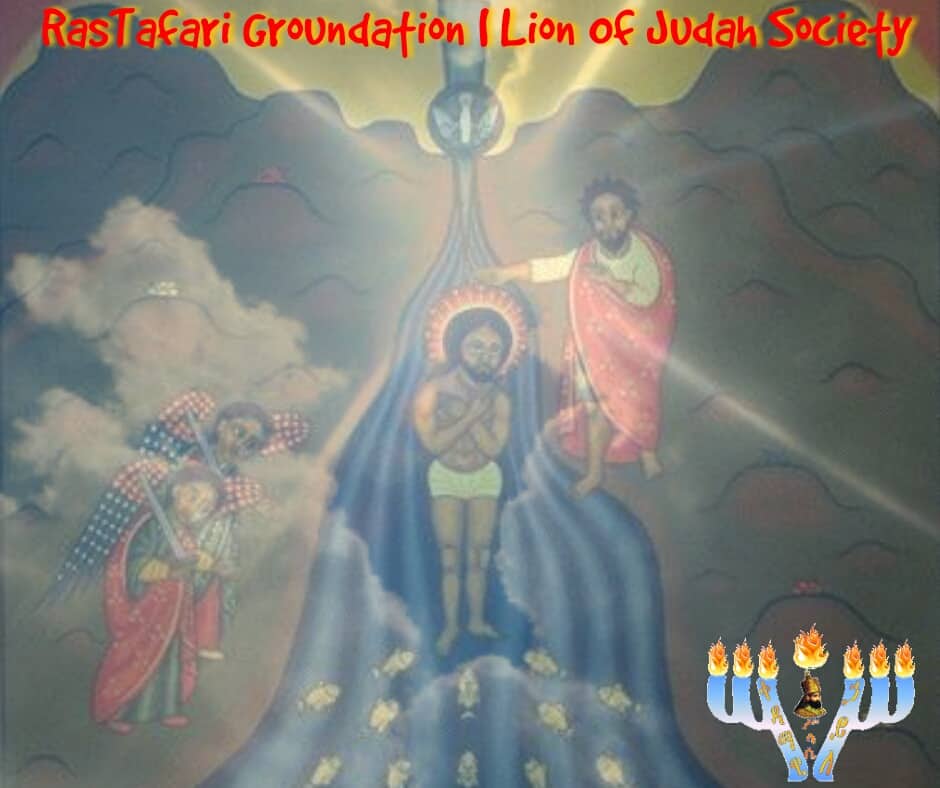Once saved, always saved
First of all, slogans like “Once Saved, Always Saved” are always regrettable because they polarize an issue, causing them to be touted or denounced vehemently not on the basis of truth as truth is, but only as it is represented in the stark world of sloganeering.
Take for instance, the present slogan—Once Saved, Always Saved. This is based upon the doctrine of the perseverance of the saints, but skews the doctrine by only representing a portion of its teaching. In fact, the slogan doesn't give us enough information to properly judge its merits. As well, the slogan is tautological in its simplicity, so that in being inherently true on its face, it is unable to say anything of value. One might as well say, “Once one has eternal life, he shall always have eternal life.” This is obvious by the very definition of eternal life; and so, the slogan teaches us nothing of value. It is likely that this slogan (like most slogans) was created for a very particular purpose, but has long since (again, like most slogans) outgrown that purpose.
Instead, let’s look at the doctrine to which the slogan makes reference.
When we speak of the perseverance of the saints, we are, in the first place, speaking not of any power within the grasp or intention of men who believe but rather of the strength of God’s own redemptive and recreative work. Because men are saved by grace and not works, the sinful works of men are no great obstacle if God wishes to recreate a man into the image of his Son. The effect of Christ’s blood in redemption is complete. So powerful is the blood of Christ that all sins of those that God ordains it to cover are washed in their entirety. As well, when God deems to recreate a man in the image of Christ, he begins the creative work and is faithful to complete it in his time despite the work’s potential inclinations to the opposite.
When we speak of perseverance, we are really speaking of God’s faithfulness rather than man’s. As well, we are not speaking of any statement or decision a man could make. Part of the flaw in the slogan’s respect is the preponderance of the contemporary understanding of being “saved.” While salvation is a very biblical notion and Scripture does point out that man must be saved, believers too often view this as an effect of a profession of faith rather than the result of God’s work of grace. The distinction is palpable. Obviously, anyone can make a profession of faith and live for a time with external evidence of the work of redemption in their lives and yet still be without the work of grace. Though, we might refer to them in our ignorance as the saved, they are anything but. Their profession and life are counterfeits of the life of the honestly saved. The doctrine of the perseverance of the saints declares that those who are of this kind were never recipients of the persevering work of God’s grace, were not sealed by the Holy Spirit, and did not receive at anytime the cleansing, redemptive, and recreative work of Christ.
The doctrine of the perseverance of the saints maintains that those who overcome the world—those who abide in Christ—until they die and are taken up to heaven are the saved. They are the ones who persevere. Any who do not persevere simply were not saved for they did not experience the saving grace of God, were not conformed to the image of Christ, and were not forgiven of their sins. Therefore, it stands to reason that they as well never possessed eternal life—for eternal life is eternal.
The plain fact is that Scripture encourages believers to work in righteousness as they reflect the glory of their Lord. And Scripture offers security for those who have this work of grace alive in them. Those who claim belief but do not live righteously are persuaded to fear for their place and are invited to pursue God with all their hearts, minds, and souls that they might rest in the security of God’s grace.
In light of the admonition to confess sin found in 1 John 1:9 for faithful and just forgiveness, the question is often asked whether a true believer, unconfessed, might not be in danger of perdition. Yet, while confession of sin before God is integral to the obedient Christian life and no true Christian will go for too long in aggressive rebellion against the confession of sin, believers are always going some duration without confessing their sin. Even if it is only the time period between the sin and one’s immediate regret for and confession of that sin, there is still a period of unconfessed sin. We do not believe that this unconfessed sin can keep the true child of God from receiving that which God has claimed is his inheritance and has sealed in him with the Holy Spirit. We do believe that unconfessed sin will forge a breach in one’s earthly experience of the joys of heavenly life, but not that unconfessed sin can mar the surpassing grace of God. If this were so then every believer would be in danger of perdition at the time of his death for even as Christians, we recognize that we sin constantly in thought and deed.
Sayings
- Moderation in all things.
- Once saved, always saved.
- Better to cast your seed…
- Spare the rod, spoil the child.
- To thine ownself be true.
- Do unto others as you would have them do unto you.
- God helps those who help themselves.
- Money is the root of all evil.
- Cleanliness is next to godliness.
- This too shall pass.
- God works in mysterious ways.
- The eye is the window to the soul.
- The lion shall lay down with the lamb.
- Pride comes before the fall.










































































































